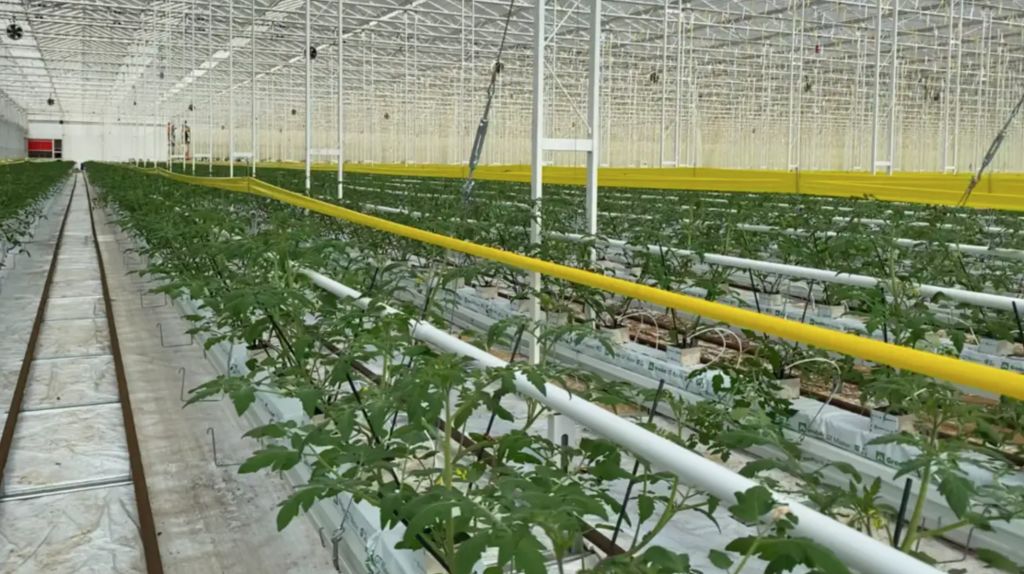
Roc's glasshouse tomatoes a juicy prize for buyers
Private equity platform Roc Partners, whose agricultural investments make it one of the biggest players in the sector, has sparked fresh interest in its glasshouse vegetable operation, fielding approaches for the entire business even as it mulls recycling capital through its next sale-and-leaseback opportunity.
At the centre of all that interest is Flavorite, which Roc took over two years ago from its co-founders, the Millis and Nichols families. The Flavorite investment was the first for the $250 million Victorian Business Growth Fund, established by the Victorian government and Aware Super and Spirit. Roc is the fund’s investment manager.
Flavorite’s growth story took off after the Roc deal. The producer merged early last year with two Victorian operators, Murphy Fresh and Tatura Fresh, to become the country’s biggest grower of glasshouse tomatoes.
The next boost for its growth strategy came from within the Flavorite balance sheet, as Roc tapped fresh capital through a $177 million sale and leaseback of a high-yielding glasshouse in Victoria’s West Gippsland region to ASX-listed fund manager Centuria.
Centuria will use the West Gippsland glasshouse as a seed asset for an unlisted agricultural fund it has since launched.
Meanwhile, Flavorite’s rapidly expanding Tatura glasshouse is shaping up as the next cab off the rank for a potential sale-and-leaseback, a deal that would free up a fresh tranche of capital to invest into expansion.
The vegetable grower recently completed construction of a $30 million, six-hectare, high-tech glasshouse at the Tatura site. The new glasshouse will be planted with large truss tomatoes and produce over 4000 tonnes a year.
Victorian Treasurer Tim Pallas last week attended the launch of the latest expansion at Tatura, noting the investment into Flavorite’s growth had generated plenty of local jobs, while supporting a higher-yielding and more sustainable production of tomatoes.
The expansion brings the total area of glasshouse in production at Tatura to more than 15 hectares. Another 12 hectares of development, a $50 million investment, has also been approved.
That next stage of expansion is due to begin next year and be completed in 2024, taking the total facility to 27 hectares with a developed value of around $170 million as agricultural asset.
Beyond that, there is further upside to the site, with yet another six hectare parcel that could be developed, expanding the Tatura site into a $200 million, 33-hectare asset, complete with growing, packing and storage facilities.
But with Roc mulling over a sale-and-leaseback at Tatura, it has already begun receiving approaches to take over the entire Flavorite business, both the operations and the real assets, according to industry sources. Interest is coming from both local and offshore institutions.
Notwithstanding elevated input costs such as fuel and fertiliser, along with a scarcity of workers, the agricultural sector is experiencing strong conditions as a global food crisis looms. The sector is attracting investment at scale, not only into agricultural land but also into primary production and food manufacturers.
The $2 billion portfolio of agricultural investments that Roc manages delivered a 45.5 per cent internal rate of return in the 2021 calendar year.











